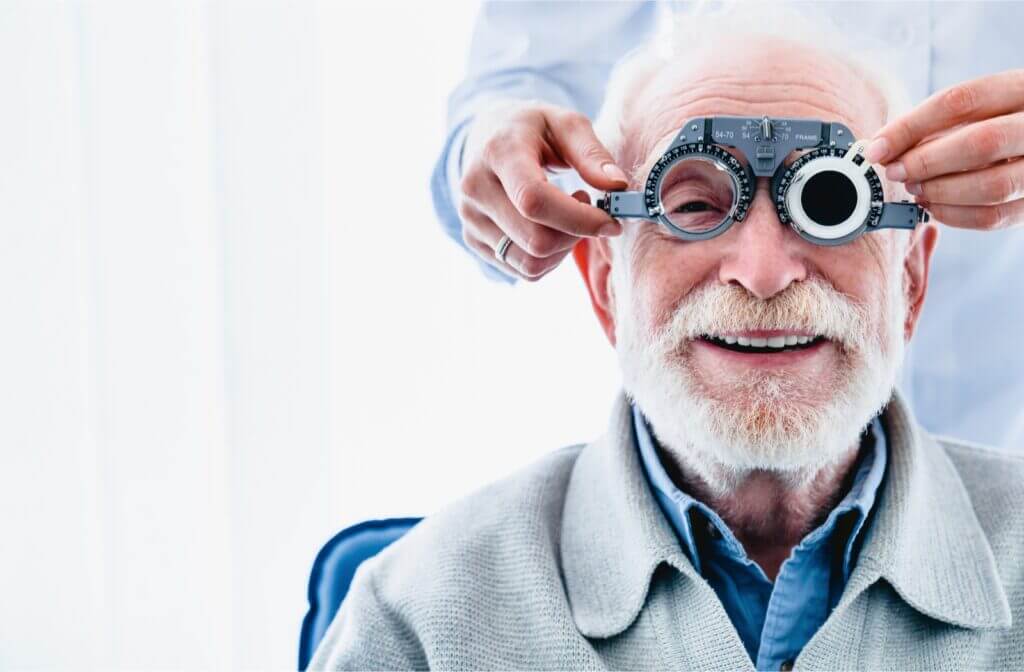Cambridge Eye Exam: Your Window to Clear Vision and Eye Health

Cambridge Eye Exam
Your eyes are the windows to the world, and regular eye exams are the key to maintaining clear vision and optimal eye health. In this blog, we’ll explore the importance of a Cambridge eye exam, how it benefits your vision, and why it’s an essential part of your overall healthcare routine.
The Significance of Regular Eye Exams
- Early Detection of Eye Conditions: Eye exams can identify eye conditions and diseases at their earliest stages, often before symptoms appear. Conditions like glaucoma, cataracts, and macular degeneration can be managed more effectively when detected early.
- Prescription Updates: If you wear eyeglasses or contact lenses, your prescription can change over time. Regular eye exams ensure that your prescription is up-to-date, allowing you to see the world clearly and comfortably.
- Children’s Vision: Children should have their eyes examined regularly to monitor their eye development and detect any vision problems that may affect their learning and development.
- Eye Health Assessment: Eye exams assess the overall health of your eyes, identifying issues such as dry eye syndrome, eye infections, and allergies.
- Customized Eye Care: Your optometrist can provide personalized recommendations for maintaining and improving your eye health based on your individual needs and lifestyle.
Choosing the Right Optometrist
When scheduling a Cambridge eye exam, it’s essential to choose a qualified and experienced optometrist. Look for a professional who uses the latest technology and equipment to provide a comprehensive assessment of your eye health and vision.
What to Expect During an Eye Exam
During a Cambridge eye exam, your optometrist will:
- Review Your Medical History: Your optometrist will ask about your medical history, any existing eye conditions, and your family’s eye health history.
- Perform Visual Acuity Tests: These tests determine how well you can see at various distances and help assess the need for vision correction.
- Conduct Eye Health Evaluations: Your optometrist will examine the health of your eyes, including the retina, optic nerve, and other vital structures.
- Assess Eye Coordination and Focusing: These tests check how well your eyes work together and focus on objects.
- Discuss Findings and Recommendations: Your optometrist will review the exam results, discuss any issues or concerns, and provide recommendations for eyeglasses, contact lenses, or treatment if needed.
Conclusion
A Cambridge eye exam is more than a vision check; it’s a comprehensive assessment of your eye health and an essential part of your overall healthcare routine. By prioritizing regular eye exams, you can detect and address potential issues early, ensuring that you maintain clear vision and enjoy a lifetime of healthy eyes. Don’t wait until you experience vision problems; schedule your next Cambridge eye exam and invest in the well-being of your eyes.







